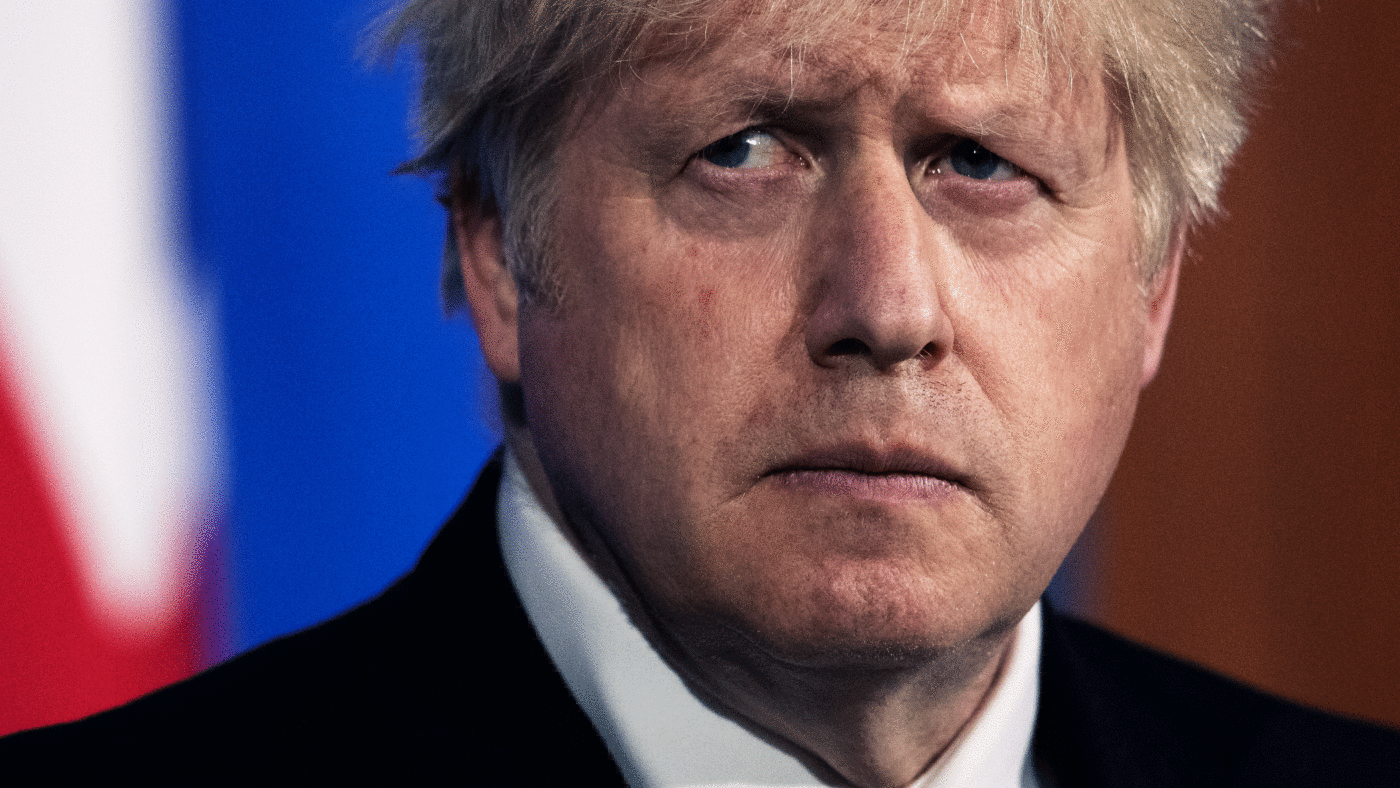I voted for the first time in last week’s local elections. In our pandemic era, the only requirement was to bring a mask. It would be easy to use someone else’s name – you’d just have to know their address. It’s harder to pick up a package from the post office, which has no effect at all on who governs us.
This is clearly a cause of concern for the Government, which pledged to introduce legislation to ensure the integrity of elections in the Queen’s speech, and is planning to make photo ID a prerequisite at polling stations.
It’s a popular idea: a recent YouGov poll found that 61% of Brits support introducing mandatory voter identification. But we should be careful to not jump to conclusions. Just because fraud is possible does not mean it is happening. Health Secretary Matt Hancock admitted that in the last election there were only six confirmed cases of people voting fraudulently across the whole country. That was out of 47,587,254 votes, a fraud rate of 0.0000001%. Even if there were more undiscovered cases there’s no reason to think it’s a widespread problem.
By comparison, a limited trial of voter identification in May 2019 resulted in 819 people being turned away. So the introduction of a voting identification law would be little more than chasing an imaginary problem while restricting democracy.
The UK proudly remains one of the relatively few countries that does not have mandatory identification for its citizens. These were abolished after World War II in a victory for civil liberties. Now, around 3.5m Brits simply don’t have any form of photo identification. So, in order to vote, a significant proportion of the electorate will either have to buy some form of identification – essentially forcing them to pay for the right to vote – or apply in advance for identification from their council. It is unclear how councils will administer a new system, raising the prospect of unnecessary costs. Altogether, this puts a barrier between the voter and the ballot box. People will have to give up time from their busy lives, working hard and raising children, to wade through bureaucracy just to reclaim their right to vote. This is no way for a mature democracy to act.
Voter identification rules will have particularly dire consequences on the ability of the most disadvantaged to express their democratic will. This is because it is the poor, young and minorities who are less likely to have a form of identification. According to one study, 47% of black people do not have a driver’s licence compared to only 26% of white people.
The introduction of voter identification is estimated to cost the taxpayer £20 million per election. All that to prevent just six known cases of fraud – at a cost of £3.3 million per a prevented case of fraud in 2019. Not exactly a cost effective use of public funds. We are in an era of unprecedented challenge, voter fraud simply isn’t one of them.
In 2014, the then columnist Boris Johnson declared:
“If I am ever asked, on the streets of London, or in any other venue, public or private, to produce my ID card as evidence that I am who I say I am, when I have done nothing wrong and when I am simply ambling along and breathing God’s fresh air like any other freeborn Englishman, then I will take that card out of my wallet and physically eat it in the presence of whatever emanation of the state has demanded that I produce it.”
Now, it seems, he is eating his words instead.
Click here to subscribe to our daily briefing – the best pieces from CapX and across the web.
CapX depends on the generosity of its readers. If you value what we do, please consider making a donation.


